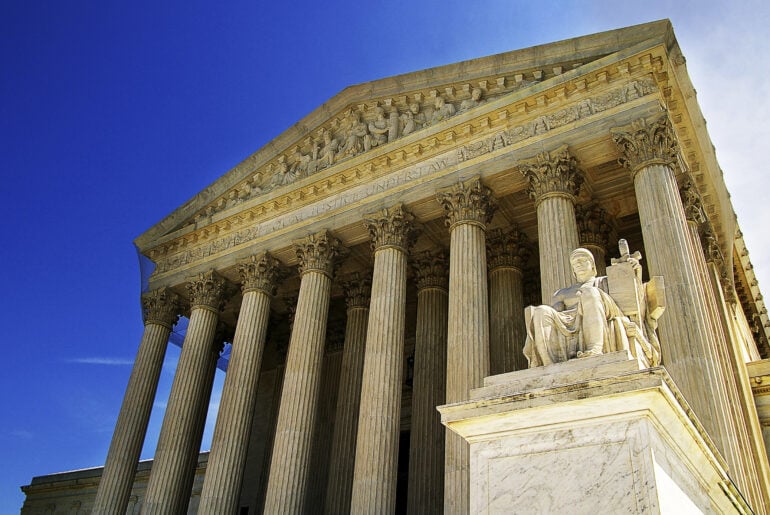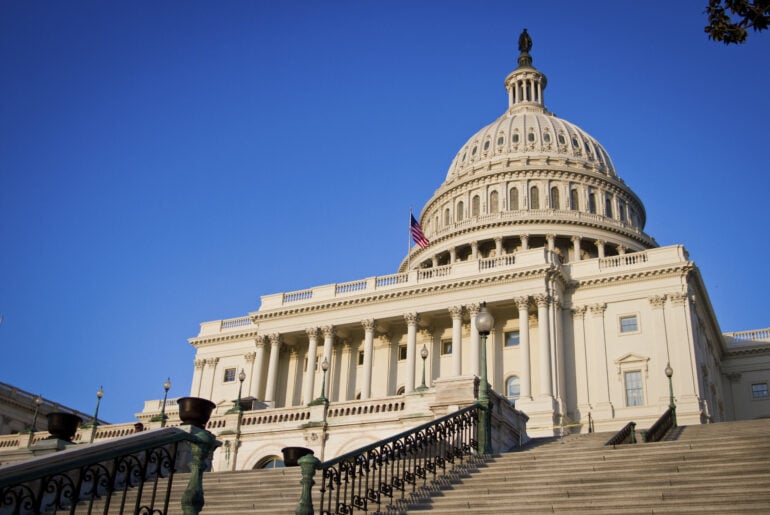In brief After initially granting certiorari and hearing oral arguments in In re Grand Jury ─ a matter concerning the application of the attorney-client privilege to dual-purpose communications ─ the United States Supreme Court “dismissed as improvidently granted” the case. Tax practitioners had hoped that a ruling by the Supreme Court would resolve a circuit split regarding the extent to which such communications fall within the ambit of the privilege. Background As a general rule, a lawyer’s…
On January 17, 2023, the US Department of Justice (DOJ or the “Department”) issued a revised version of its Corporate Enforcement Policy (CEP). The CEP sets out the Department’s approach to resolving criminal cases with corporations. In particular, it addresses how the Department will credit companies which voluntarily disclose criminal conduct and cooperate with the Department’s investigation and resolution of the matter. The latest revisions to the CEP are an evolution of existing Department policy…
In brief On 30 August 2022, the DC Circuit ruled in United States v. Honeywell International, Inc. that the pro tanto rule applies to damages in cases under the False Claims Act (FCA). This means that, at least in the DC Circuit, damages in FCA cases will be subject to dollar-for-dollar reduction by other settlement offsets in cases involving multiple jointly and severally liable defendants. The ruling clarifies the settlement offset rule applied to FCA cases and…
With a growing trend toward taking more ESG measures, some companies are at risk of lawsuits from consumers involving plastic packaging. Here are some best practices boards should know about to mitigate the risk of litigation. In a recent trend, citizen advocates and environmental groups have been filing lawsuits asserting novel theories against major companies that use or rely on plastic, even if the companies do not produce plastic products or are not involved in…
Outside counsel are often called in to help with a bet-the-company lawsuit, only to find out that the company is unprepared for litigation—employees not trained on how to preserve attorney-client privilege or properly escalate a dispute, litigation hold notices not issued and company data not preserved, and the location of key documents uncertain. Preparing for the proverbial rainy day is critical, and corporate directors play an important role in ensuring their company is ready for…
In brief On 8 July 2022, the Department of Justice (DOJ) announced a settlement of cybersecurity fraud charges against Aerojet Rocketdyne Inc. (Aerojet) following an action under the False Claims Act (FCA). Aerojet agreed to pay USD 9 million to the US government to settle allegations that it misrepresented its compliance with cybersecurity requirements when entering into federal government contracts with NASA and the Department of Defense. The case started when Aerojet’s former employee, Brian Markus, filed…
Please join us for a new weekly video series, hosted by Baker McKenzie’s North America Government Enforcement partner, Jerome Tomas. This weekly briefing will cover hot topics and current enforcement actions related to white collar crime and criminal investigations in the US and abroad to arm you with the information you need to start your business week. As one of the largest global law firms, we will call upon our exceptionally deep and broad bench of…
When world economies face challenges, employment litigation claims of all types arise. In this Quick Chat video, our Labor and Employment lawyers discuss the range of trending employment-related claims and cases and share what employers can do to best position themselves to manage impending litigation. Click here to watch the video chat. Review our brochure, COVID-19 Employment Litigation on the Rise – How We Can Help, to read more about the current landscape, access useful resources and learn how our seasoned…
Adding to an emerging trend of federal cases addressing privilege in the context of forensic reports, the DC District Court ruled last month that forensic reports created in response to a cybersecurity incident were not subject to attorney-client privilege nor attorney work product protection because the reports were created in the ordinary course of business. This decision has significant implications for organizations preparing to respond to cybersecurity incidents and continues a pattern of increased scrutiny…
Now that the California Consumer Privacy Act is in effect, it is imperative to consider the potential litigation risks that many companies are likely to face as a result of the new law. While many commentators have analyzed the CCPA’s express private right of action for data breaches that occur in the absence of reasonable security measures, it’s important to note that class litigation may be used in an attempt to privately enforce the other…







